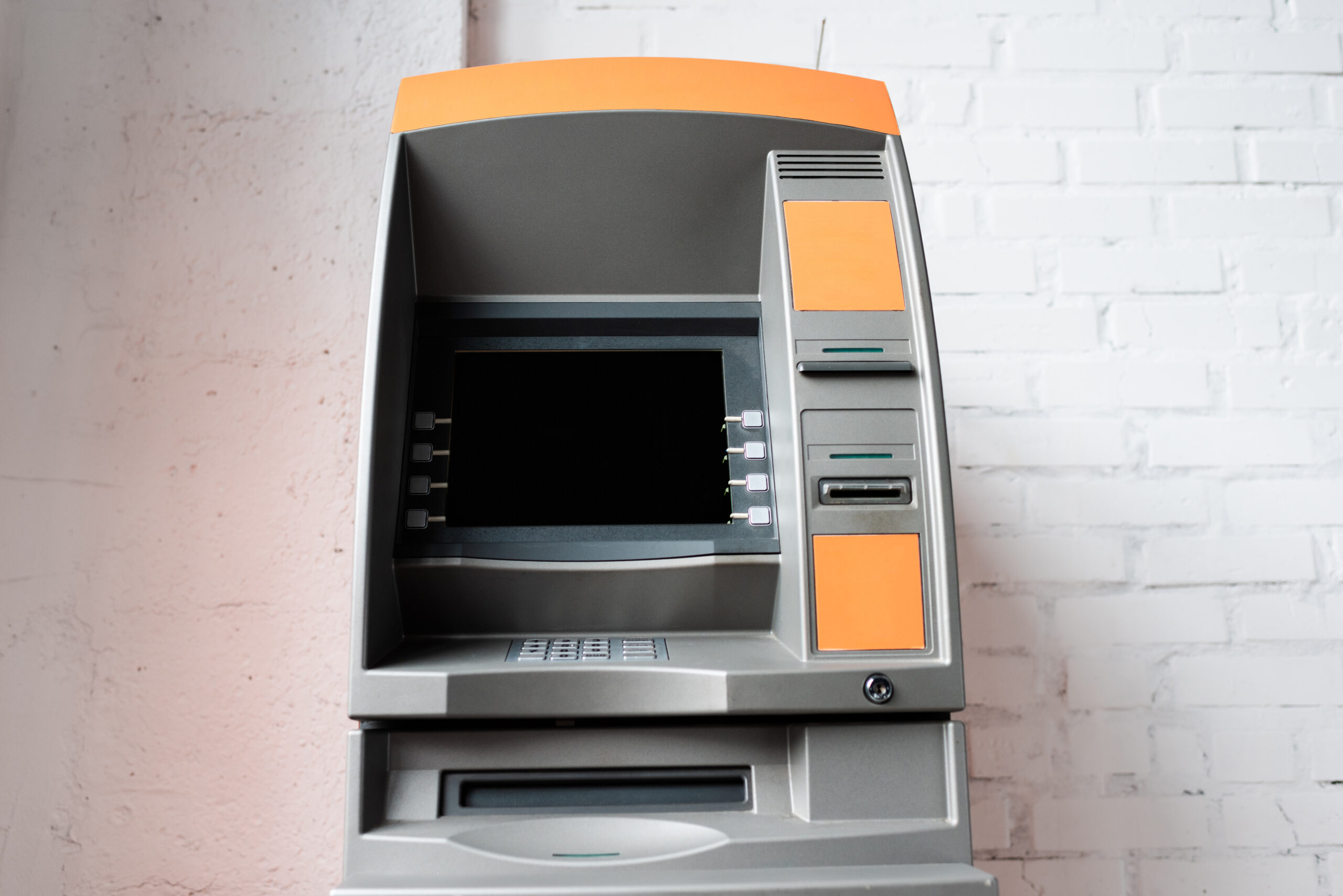Independent ATMs are used as money laundering machines: Zembla

Cash machines operated by independent companies rather than banks can be easily used to launder money and nothing is being done to stop the practice, television current affairs programme Zembla has found.
The programme, which looked at non-bank affiliated ATMs in the Netherlands and abroad, said independent ATMs are unregulated and anyone can set one up. They can then be used as defacto “washing machines” by criminals who deposit their money there, or use them to hide assets and dodge tax.
Four companies are offering 1200 “white label”, or independent ATMs in the Netherlands, hundreds of which are not filled by certified money transporters but by the owners themselves, Zembla found.
“It is not the case that all independent ATMs are used for fraudulent purposes,” investigative journalist Sander Rietveld told broadcaster NOS.
“A supermarket can use them to deposit their turnover to avoid bank service charges. But in principle, anyone can fill one up with cash. And criminals have wads of cash and they have to do something with it. They can’t just hand over a bag of money buy a sports car or a villa. So they use the ATMs,” he said.
There is no register for independent ATMs, either in the Netherlands or elsewhere in Europe, and they are not covered by anti-terrorism legislation. This makes it unclear where they are, who they are owned by and what they are used for, Rietveld said.
Many of the machines are located in or near places with a high risk of tax dodging, such as casinos, strip clubs or cannabis cafes.
Some of the owners of independent ATMs were more than ready to lend a hand to illegal practices, the journalists found. “We approached them posing as potential clients and said we wanted to launder money and that we had a criminal record. We found some of them to be very cooperative, even going so far as to give us tips on how to go about it and evade detection by the tax office,” Rietveld said.
In a reaction to the programme, the finance ministry said it had not been aware of the problem and that it would initiate talks with the financial sector on how to solve it.
Thank you for donating to DutchNews.nl.
We could not provide the Dutch News service, and keep it free of charge, without the generous support of our readers. Your donations allow us to report on issues you tell us matter, and provide you with a summary of the most important Dutch news each day.
Make a donation